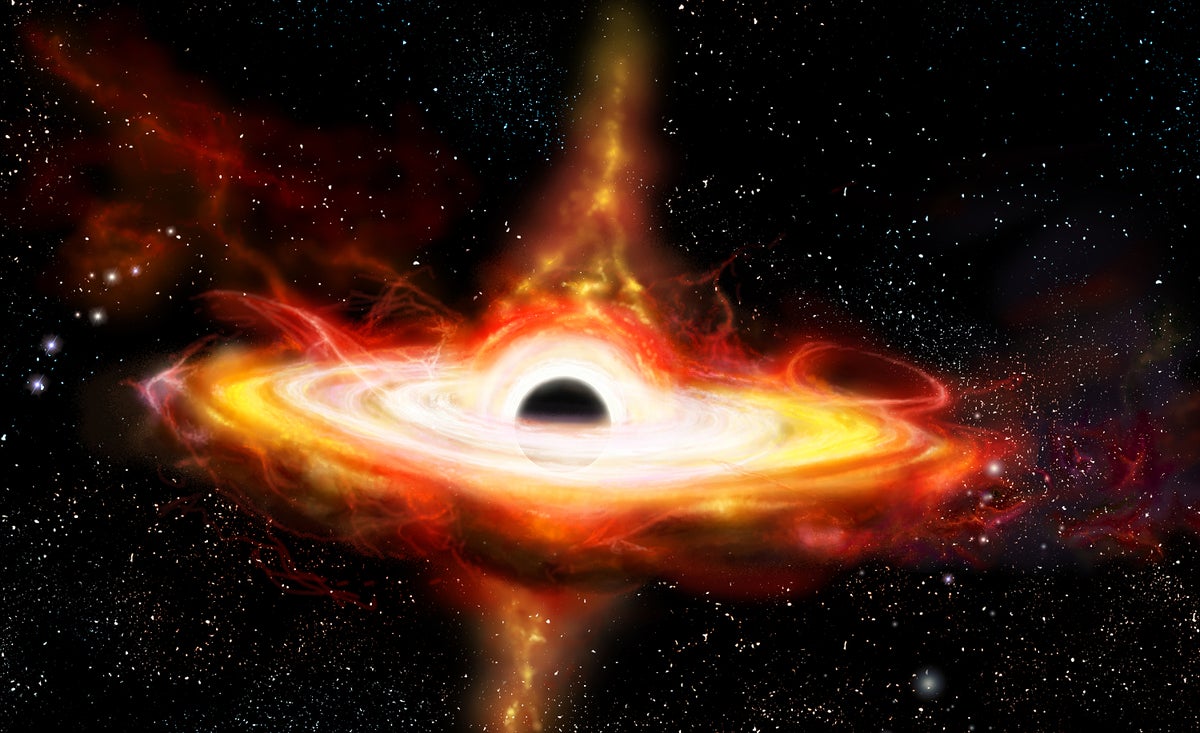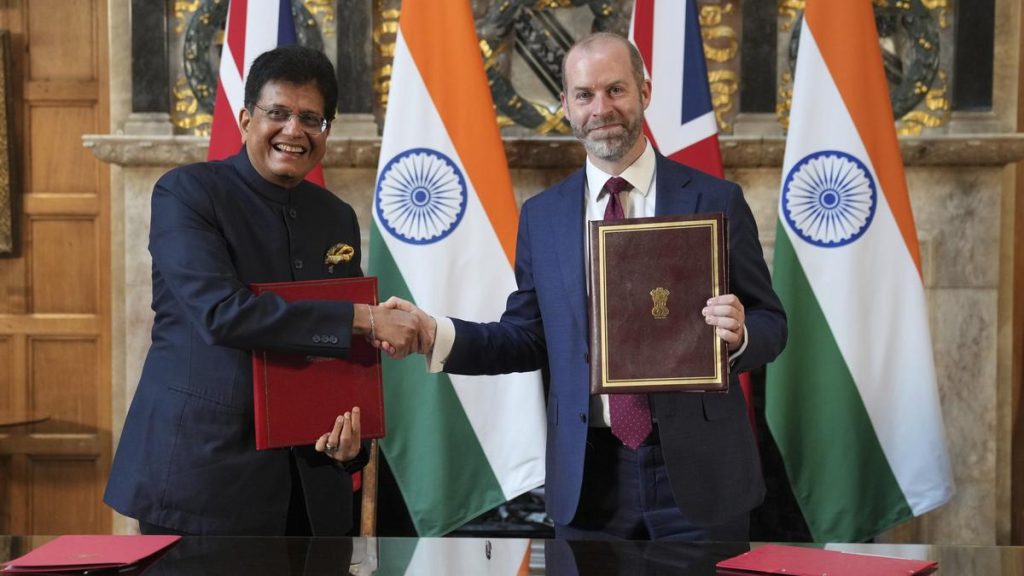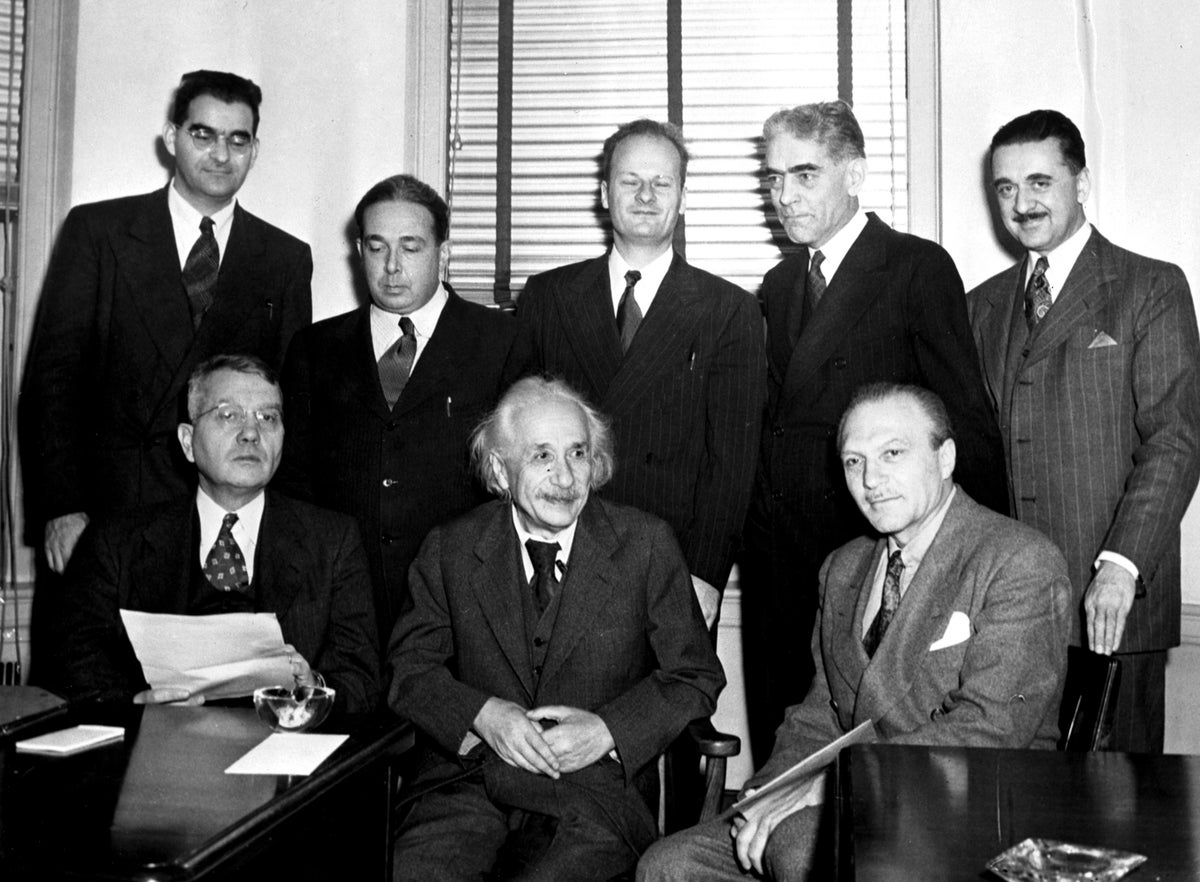Now Reading: What Makes Black Holes Spin?
-
01
What Makes Black Holes Spin?
What Makes Black Holes Spin?

Swift Summary
- Spin as a universal property: Earth, planets, moons, stars, galaxies, and black holes spin. Spin plays a crucial role in defining the characteristics and dynamics of these cosmic entities.
- Angular momentum key to spin: angular momentum explains why objects continue spinning unless acted upon by external forces. Black holes retain angular momentum even during their formation.
- Black hole formation: Black holes are born when massive stars collapse after exhausting their fuel. Their cores dramatically reduce in size during this process while conserving angular momentum, leading to extremely rapid spins.
- Defining black holes: A black hole’s fundamental properties include mass, angular momentum (spin), and electric charge.
- Measuring black hole spin: Astronomers infer the spins of certain black holes by analyzing light emitted from matter spiraling into them or observing relativistic jets ejected at nearly the speed of light.
- Einstein’s relativity effects: Rotating black holes warp spacetime around them through frame dragging effects-resulting in phenomena like magnetic jets that impact surrounding galaxy structures decisively.
- Role in galaxy evolution: Supermassive black hole spins can influence star formation rates by affecting galactic gas flow. Spin also informs hypotheses on how these giants form (disk accretion versus mergers).
Read More here
Indian Opinion analysis
India has continued its efforts to promote space exploration and astrophysics research through initiatives like ISRO’s missions and academic collaborations with global organizations such as NASA or ESA. Understanding phenomena like spinning black holes is crucial not only for advancing theoretical physics but also for developing practical applications related to gravity theories and high-energy astrophysics.For India specifically:
- Advancing expertise in such cutting-edge domains could strengthen India’s position as an emerging leader in space science within Asia-Pacific.
- Collaborative programs among Indian researchers could leverage global observatories-like James Webb Space telescope-fostering innovation locally while contributing globally.
Such scientific endeavors align well with India’s aspiring aspirations to push technological boundaries across sectors including cosmology research aimed toward decoding universal structures underpinning existence-a sentiment valued deeply within its academic traditions rooted equally science/beliefs partnerships


























